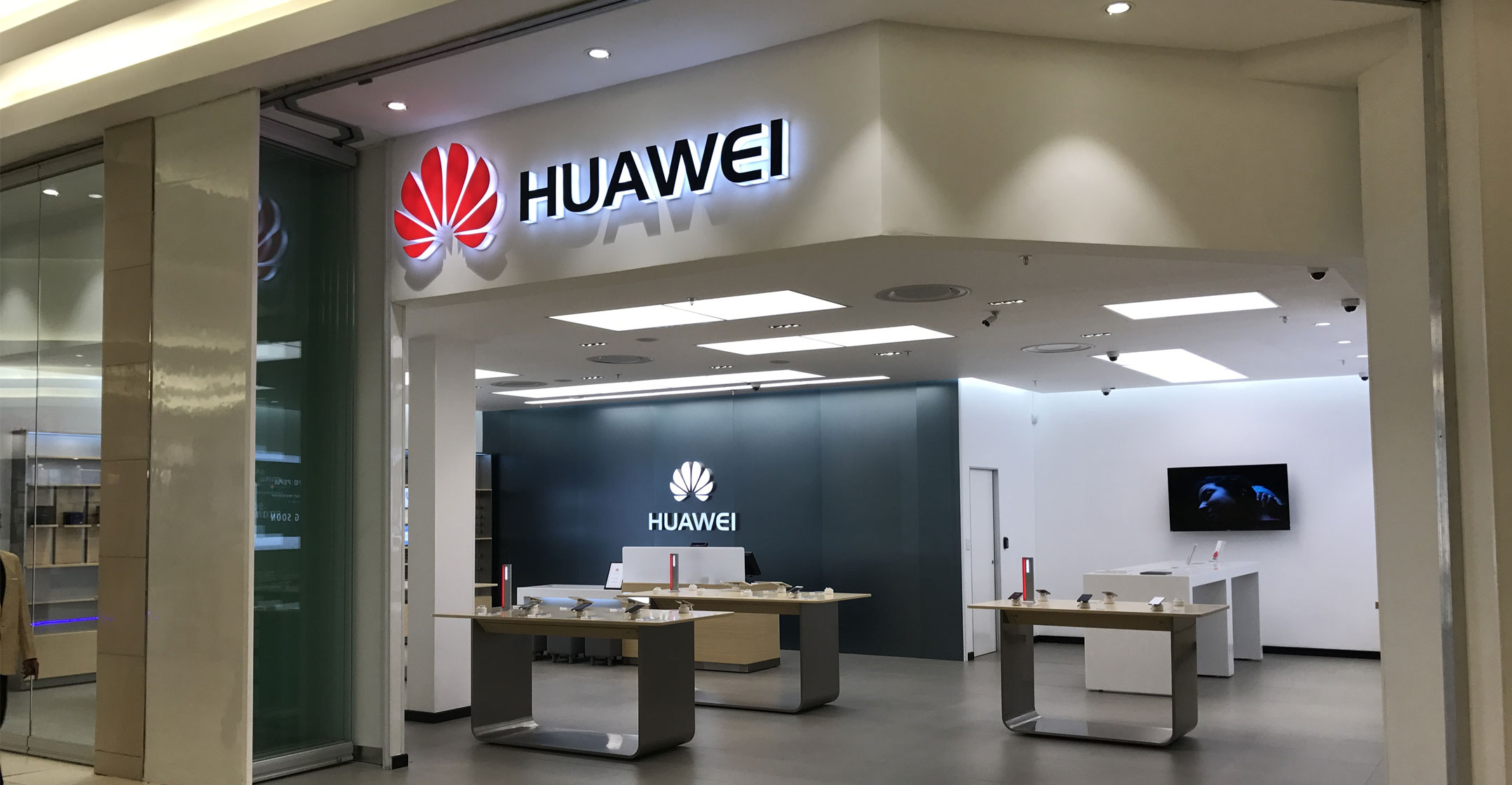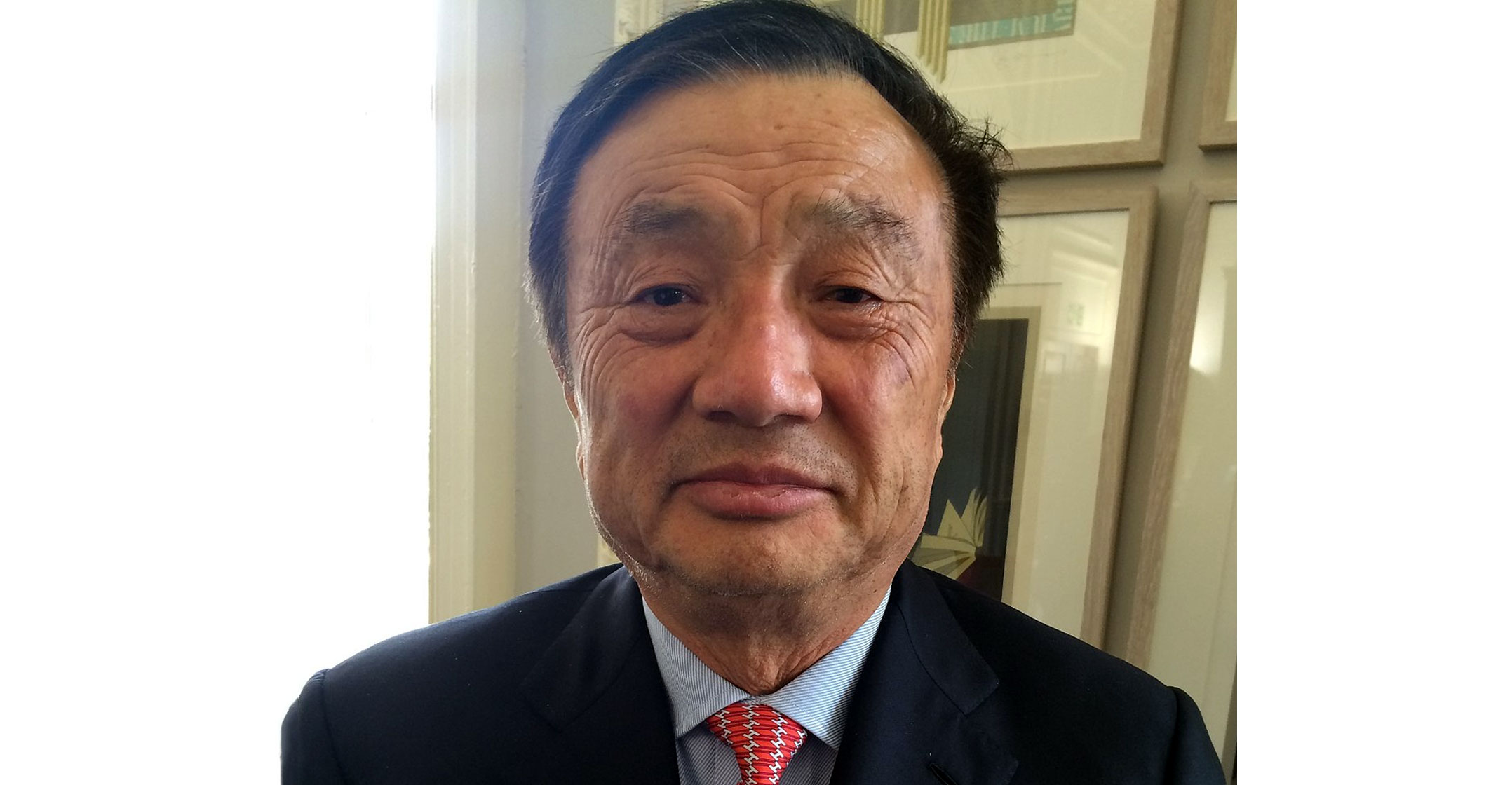 Canada! Seriously, who sues Canada? Meng Wanzhou, that’s who. The chief financial officer of Huawei, and the daughter of its founder, feels wronged by Canadian authorities over her arrest and detention. “False imprisonment” is among the accusations made in a civil case filed on 1 March.
Canada! Seriously, who sues Canada? Meng Wanzhou, that’s who. The chief financial officer of Huawei, and the daughter of its founder, feels wronged by Canadian authorities over her arrest and detention. “False imprisonment” is among the accusations made in a civil case filed on 1 March.
Huawei has gone on the offensive in recent months to try to prove it’s a good international citizen and can be trusted to supply networking equipment that won’t become a conduit for Chinese espionage. Founder Ren Zhengfei himself started fronting the media because, by the company’s own admission, it’s in the middle of a PR crisis.
In addition to attempting to recruit current and former journalists to its PR team, Huawei starting inviting journalists to its Shenzhen campus, as if a guided tour would prove anything. The result was a slew of articles in which the company made its case against charges of spying.
At trade show MWC Barcelona last week, rotating chairman Guo Ping even invoked Edward Snowden’s name to take jabs at US espionage programmes: “Prism, prism on the wall, who is the most trustworthy of them all? … It is a very important question and if you don’t answer that, you can go and ask Edward Snowden.”
This new campaign appears to be having some success. New Zealand Prime Minister Jacinda Ardern last month left the door open for Huawei to sell its equipment for next-generation mobile networks, while the UK cybersecurity watchdog thinks it can manage any risks associated with deploying the company’s products in 5G systems.
Ham-fisted
But it’s also come off as ham-fisted. Huawei was reported as offering to pay for flights, hotel and food for overseas journalists such as Washington Post columnist Josh Rogin, spurring a backlash on social media. To clarify, such all-expenses-paid offers are quite common in the tech industry, but most outlets refuse to accept on ethical grounds, which makes that now-famous letter to Rogin (which he shared on Twitter) somewhat confounding.
Working in Huawei’s favour has been the lack of clear evidence from the US showing that the company’s equipment is used for spying. In 2017, a jury found the company liable in a civil case for stealing designs for T-Mobile US’s “Tappy” robot, but that’s not the kind of espionage U.S. authorities have in mind. The January arrest of a company executive alongside a former Polish security agent on charges of spying for China doesn’t look good for Huawei, but it’s no smoking gun.

Then there’s Ren himself. The 74-year old’s credibility evaporated when he told foreign media, including CBS and a separate gathering that included Bloomberg News, that his company would refuse to obey Chinese law if it was required to participate in espionage. That’s the founder of a Chinese company with 180 000 employees stating he would break Chinese law rather than infringe the law of any foreign nation.
Which is why the decision to sue Canada is a backward step in its PR campaign. It also reveals Huawei as a cornered tiger that lashes out when its purr fails to sedate the sceptics.
Whether Meng’s case has legal merit isn’t the point. Huawei needs to ask what it gains, even if victorious. The quest for justice is everyone’s right, yet Huawei risks coming off as belligerent instead of the calm and trustworthy partner it’s trying to portray. And the irony of appealing to Canada’s rule of law when no such option exists back home isn’t lost on the hordes of critics who were already wary of this new charm offensive.
Huawei was doing a pretty good job trying to convince people that it’s not their foe. Suing Canada shows that the company’s biggest enemy is probably itself. — Written by Tim Culpan, (c) 2019 Bloomberg LP




